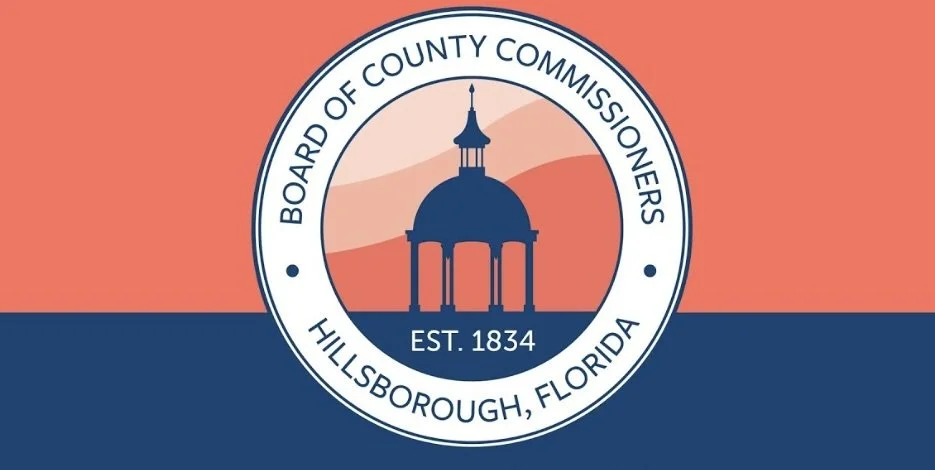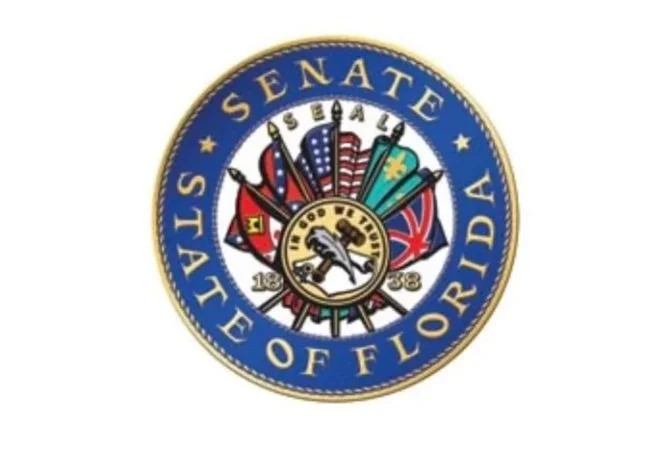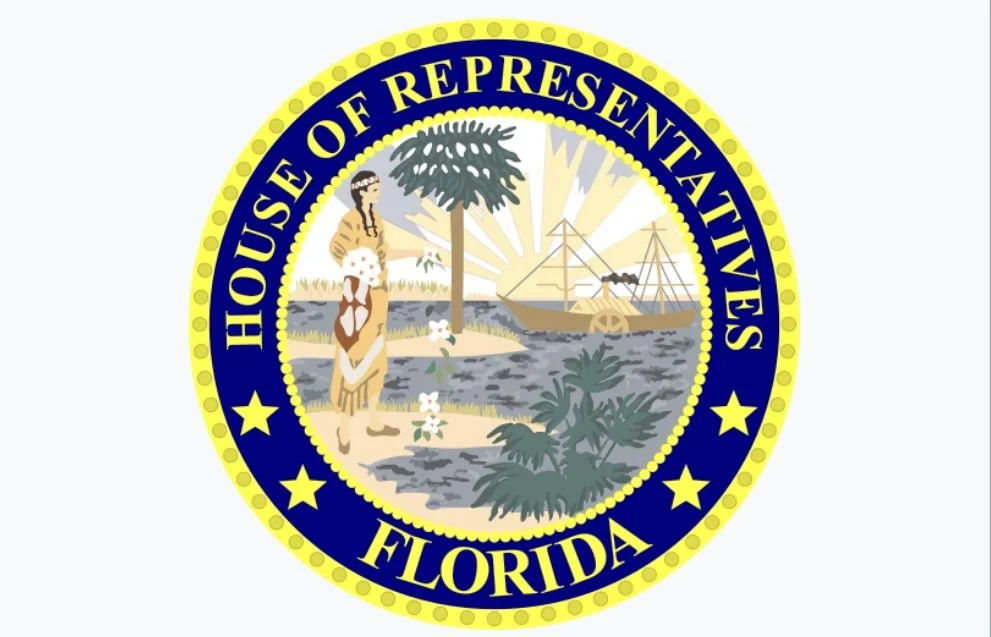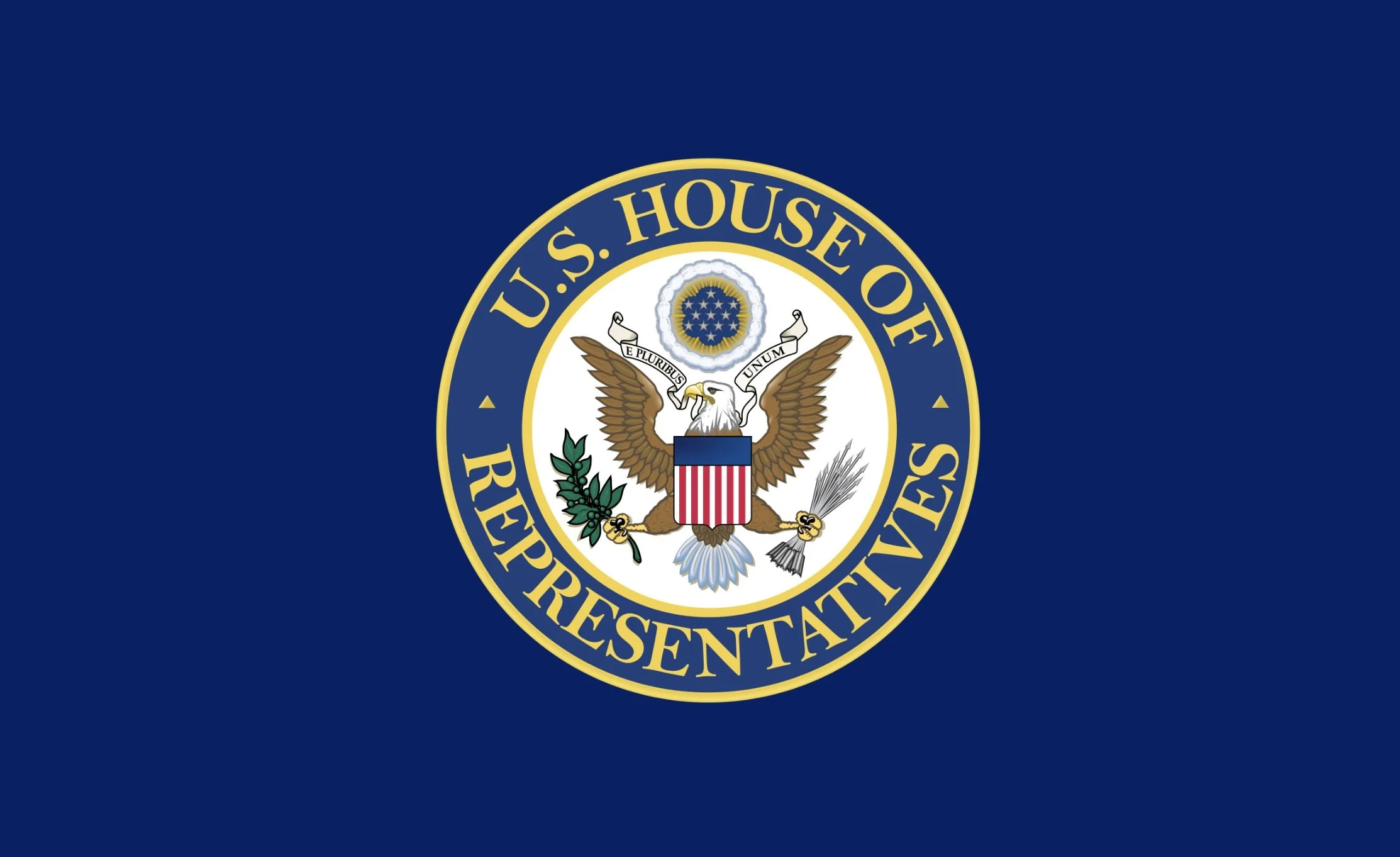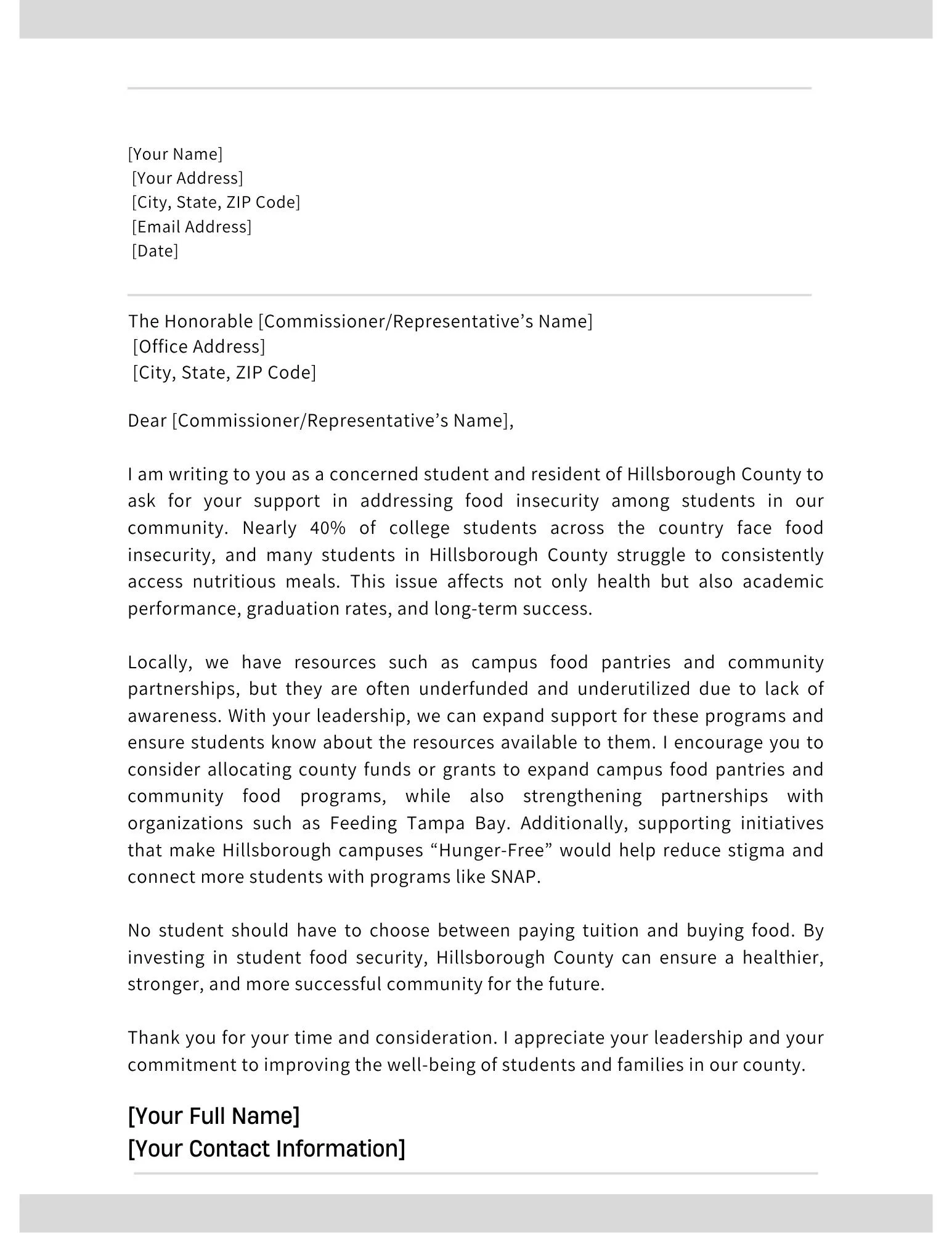Make an
impact today
Support our mission by writing a letter to a representative.
* There is a template letter below *

Why write?
-
✽
Many policymakers may not fully realize how serious food insecurity is for college and K–12 students. A letter helps bring attention to the problem.
-
✽
Sharing personal stories or community concerns makes the issue real and shows how it affects people in their district.
-
✽
Letters can push leaders to support funding, expand food programs, or create new policies that directly help students.
-
✽
When students and community members speak up, it shows leaders that food insecurity is an issue that matters to their voters.
-
✽
Advocacy helps normalize the conversation about food insecurity so students don’t feel ashamed to ask for help.
-
✽
While food pantries meet short-term needs, letters to officials can lead to bigger solutions, like “Hunger-Free Campus” programs or expanded meal assistance.

FAQs
-
Writing a letter is one of the most direct ways to let your representatives know what matters to you. Letters show that students care about food insecurity and want leaders to take action. When officials hear from constituents, it can influence funding, programs, and policy decisions.
-
Yes! Elected officials and their staff keep track of how many letters and emails they receive on each issue. A large number of letters on food insecurity signals that this is a priority for the community and pushes leaders to respond.
-
Keep your letter clear and personal. Introduce yourself, explain the problem (like student food insecurity), and share why it matters to you or your community. Then, ask for specific action, such as more funding for food programs or support for “Hunger-Free Campus” initiatives. Finally, thank them for their time.
-
Personalize it! While you can use the template, adding your own story or perspective makes the letter more powerful. Mention that you are a student or community member in their district, and be polite and respectful. Officials are more likely to take notice when they see that the issue directly impacts their constituents.
